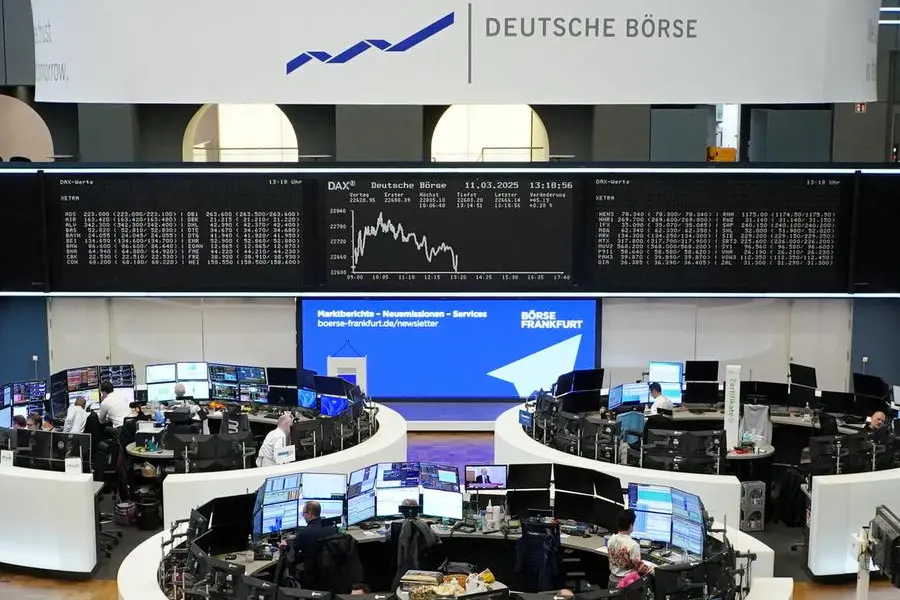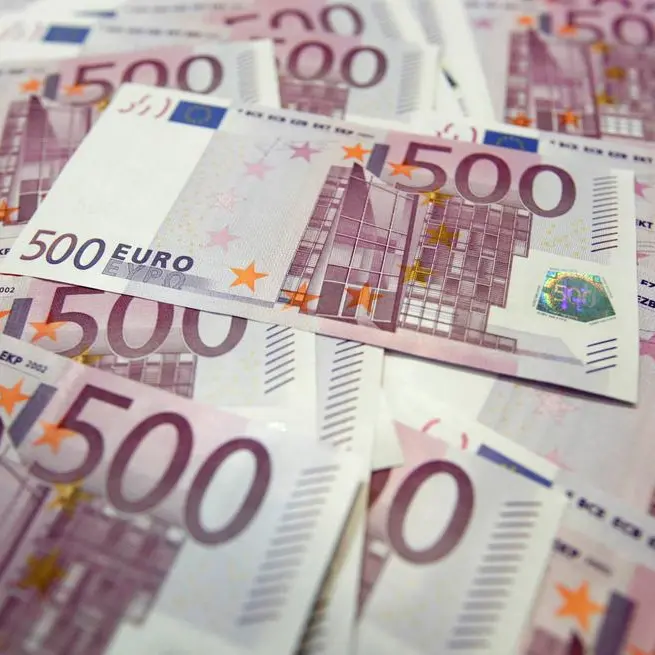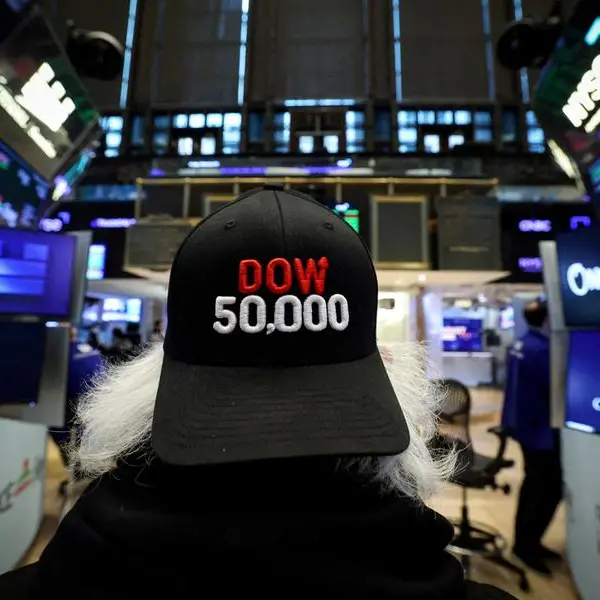PHOTO
(The views expressed here are those of the author, an investment strategist at Panmure Liberum.)
After 15 years of underperformance, European stock markets have outpaced U.S. equities by more than 17.0% in euro terms since the start of the year, partly thanks to announcements of massive spending plans in Germany and the European Union.
If both follow through with these measures, this could be the start of a secular bull market in European equities that could last a decade.
The MSCI Europe Index has recently broken out of a 17-year secular bear market, a term referring to a period of more than ten years of exceptionally low equity returns. In the past, European stocks achieved annual returns of 1.5% during such periods.
Some of Europe’s outperformance in recent months likely reflects how overweight investors were in pricey U.S. equities coming into the year. But short-term technical shifts are one thing. To create a new secular bull market, share prices need to be underpinned by changes in fundamentals.
We appear to be seeing exactly this in the ‘Zeitenwende’, or epochal change, occurring in German fiscal policy, as well as the EU’s efforts to significantly boost defence spending.
After years of low growth and low investment activity, Germany is seeking to dramatically alter its so-called ‘debt brake’ so that it can spend billions on infrastructure and defence.
Importantly, the incoming German government on Friday convinced the Green Party to agree to its proposed constitutional changes on borrowing limits.
Germany’s constitutional court recently rejected legal challenges to these changes, so it is likely that the German economy will receive fiscal stimulus dwarfing anything the country has ever seen.
The proposed infrastructure fund would spend 500 billion euros ($545.3 billion), or 12% of German GDP, on infrastructure, energy grids, and housing over the next twelve years.
According to my analysis, this alone would boost Germany and Europe’s real GDP growth by about 1% and 0.3% per year, respectively, for the coming decade.
In addition, the EU’s proposed ReArm Europe Plan would provide 150 billion euros in loans and exclude defence spending from currently mandated deficit limits.
If EU members increase their defence budgets by 1.5% of GDP as suggested, this would mean an additional 800 billion euros, or 4.3% of the EU’s GDP. If deployed over the next ten years, that could boost EU real GDP growth by another 0.3% per year, according to my calculations.
Taken together, these measures could raise the EU’s annual trend growth rate over the next 10 years from 1.6%, the current OECD estimate, to levels similar to the 2.1% projected for the U.S.
‘ZEITENWENDE’ IN GLOBAL MARKETS
This projected jump in the GDP growth trend should also increase growth in European companies' annual earnings per share over the coming decade.
Based on my calculations, growth in earnings per share is projected to average 7% per year for companies in the MSCI Europe in the next decade, compared to just under 6.0% per year for firms in the S&P 500.
This forecast assumes that annual inflation in both regions will average 3% rather than 2% over this period, due to excessive deficit spending and demographic changes.
I have also assumed that businesses' net profit margins will revert to the 15-year average, excluding the pandemic years. Finally, I assumed that companies will continue to buy back their own shares at the current rate.
Based on these projections, fiscal stimulus in Europe could swing earnings growth leadership from the U.S. to Europe in the coming years – a dramatic shift from the previous 15 years.
My calculations also suggest that this solid earnings growth could push annual returns for European stocks in the coming decade to +10%, the historical average for secular bull markets.
Meanwhile, my forecasts indicate that the S&P 500 would generate annual returns of only around 7% over this period, if today’s elevated valuations remain stable, or closer to 6% if valuations normalise somewhat.
Again, this change in leadership would be a massive break from the prior decade.
Germany and the EU now appear ready to follow through with their announced spending plans, meaning the recent outperformance of European equities over U.S. markets could very well transform into a dramatic and durable shift.
In other words, we are likely to see a true Zeitenwende, not just in policymaking, but in global stock markets as well.
(The views expressed here are those of Joachim Klement, an investment strategist at Panmure Liberum, the UK's largest independent investment bank.)
($1 = 0.9169 euros)
(Writing by Joachim Klement; editing by Anna Szymanski and Jan Harvey)
Reuters





















